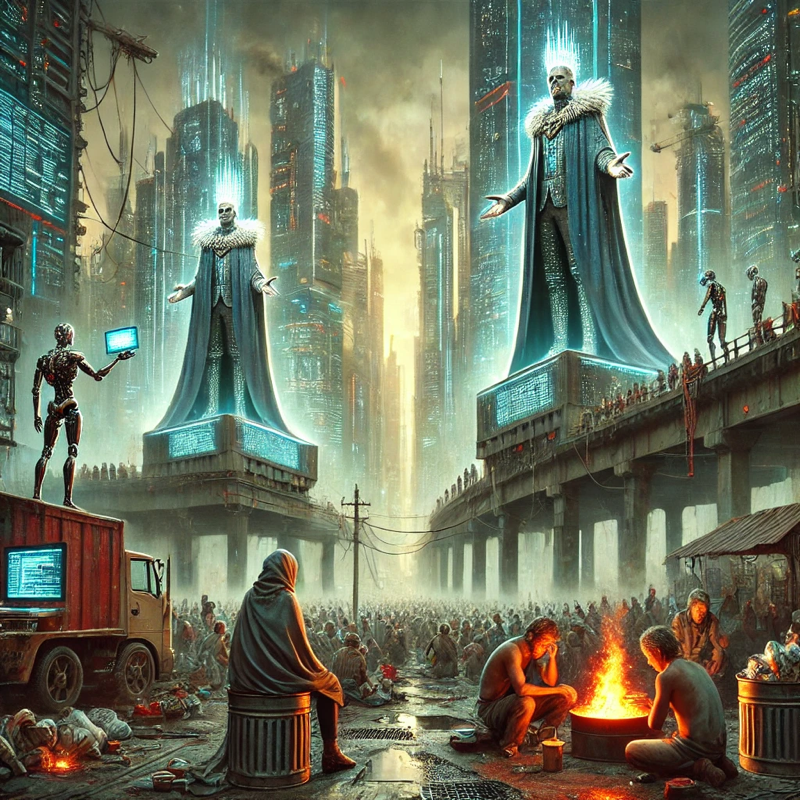Towards a Critical Religion Theory
When judge Matthew Kacsmaryk, Evangelical Christian zealot and MAGA acolyte, rationalized his medication abortion opinion citing the dormant 1873 Comstock law earlier this year, he resurrected a vestige of Christian priggishness and bias in our jurisprudence long thought dead. By halting federal approval of mifepristone based on a willful misreading of the law, he defied not only decades of scientific consensus on the safety of the drug but also the long standing belief in the legality of and right to access medication abortion within our modern and increasingly secular society. It's a move, like many of those on the religious right recently, designed to thwart the popular will and force an extremist Christian agenda. often through reviving anachronistic laws.
The malleability of our existing legal system should not come as a surprise, for it rests upon ancient, at times sclerotic, foundations. It traces its lineage from the principles of Roman Law through the hallowed English Magna Carta to the enduring framework of the U.S. Constitution and beyond. This historical richness grants our legal system stability but also ties it irrevocably to antiquated rulings. These rulings, rather than fading away or being excised over time, often lie dormant, are temporarily set aside, or are reinterpreted to accommodate evolving societal needs and values. Akin to aged rubber bands, they possess remarkable elasticity. They can stretch and contort, eventually bearing only a faint resemblance to their original form, yet they remain poised to snap back with force when the right circumstances align. It is within this paradox that the faint echoes of religion concealed beneath our laws gain potency—potency that can prove perilous when wielded by those with a particular religious agenda. A would-be religio-fascist figure, such as Kacsmaryk, or even those advocating for a theocratic monarchy under the guise of "Red Caesar," (Trump or worse, if that were possible) can exploit these echoes by revisiting and selectively reinterpreting our laws, returning them to their original religious state to bend society to their will.
Just as Critical Race Theory scrutinizes our legal system for lingering racial biases that disadvantage Black individuals, a similar lens must be applied to unearth the deeply ingrained pro-Christian biases that still permeate it. These biases often remain unnoticed and dormant, waiting for the opportune moment to reassert themselves. This potential exploitation raises the unsettling specter of a legal system, which, rather than serving as a bulwark against illiberal forces, could actively accelerate religio-fascist movements with little resistance. Many Americans, already apprehensive about the rapid pace of societal change, may be hesitant to challenge religionists’ re-interpretations of laws, Constitutional rights, and institutions that offer them familiarity and comfort, even if doing so means inadvertently surrendering their secular rights and privileges.
It is incumbent upon liberal and progressive scholars to undertake a thorough audit of our legal system, identifying laws with religious underpinnings that could be revitalized to support religio-fascist agendas. Furthermore, they must formulate a comprehensive plan to inoculate our legal system from the clutches of ultra-religious reinterpretations, as well as from the deceptive codewords that cloak these intentions in an aura of reasonability, such as "Originalism" and "Textualism." Failure to do so could lead to the ascendancy of Common Good Constitutionalism, an approach that seeks to legislate morality in accordance with the dictates of Christian authoritarians rather than protect the liberties enshrined in our Constitution. Without vigilant oversight, this ideology threatens to become the dominant lens through which all our laws are viewed and interpreted, potentially eroding the secular foundations of our legal system and democracy.
.png)


Comments
Post a Comment